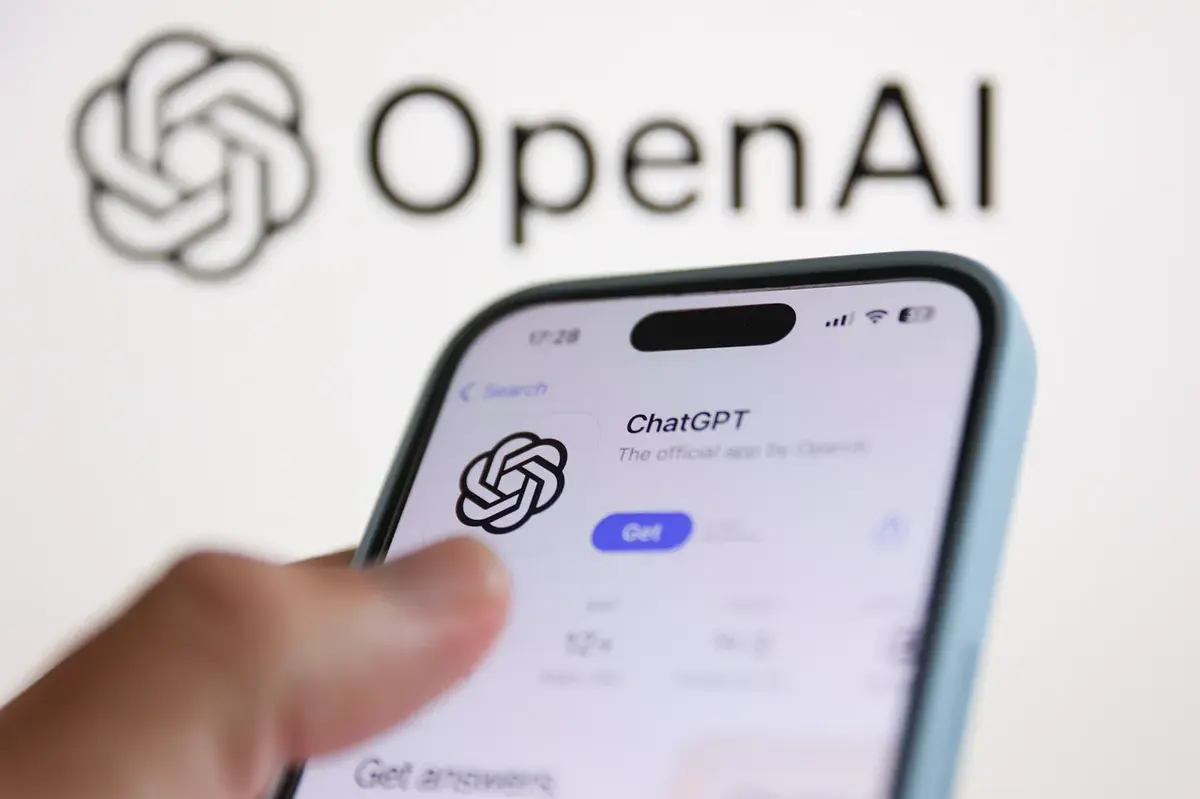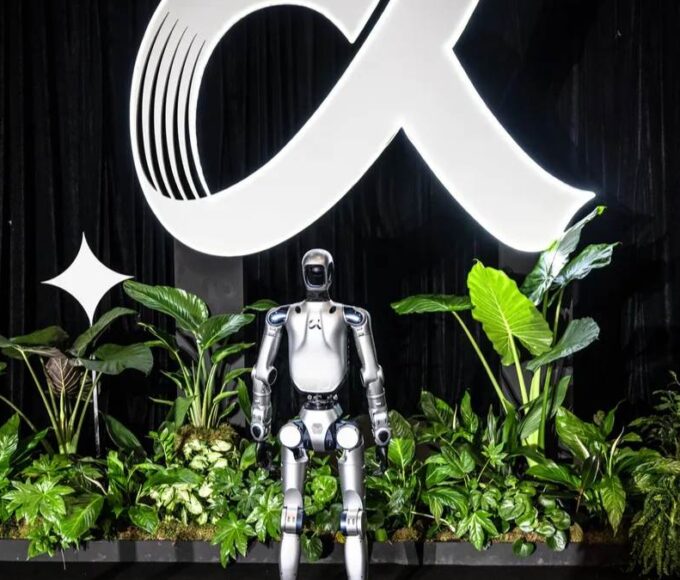A new study from the MIT Media Lab suggests that using ChatGPT may reduce brain activity compared to traditional research methods such as Google Search or independent thinking.
The study, reported by Fortune, involved 54 participants aged 18 to 39 from the Boston area. Researchers, including Nataliya Kosmyna, monitored participants’ brain activity using EEG scans across 32 regions while they wrote SAT-style essays.
Participants were divided into three groups: one using ChatGPT, another using Google Search, and a third relying only on their own knowledge. The group using ChatGPT consistently showed reduced neural engagement, particularly in areas linked to creativity, memory, and attention.
Two English teachers who reviewed the essays described those from the ChatGPT group as “soulless,” noting a lack of originality and overreliance on AI-generated content. Over several months, researchers observed that participants using ChatGPT became increasingly passive, often copying and pasting AI outputs instead of revising or reflecting on them.
In contrast, the group without tools showed the highest levels of brain connectivity, especially in alpha, theta, and delta frequency bands associated with creativity and memory. The Google Search group also displayed strong neural activity and reported high satisfaction with their work.
When asked to rewrite essays without assistance, the ChatGPT group struggled to recall their earlier work, suggesting weaker memory integration.
Kosmyna warned that excessive reliance on AI tools could be particularly harmful for young people, whose brains are still developing. However, she stressed that the study has limitations, including its small sample size and the fact that it has not yet been peer-reviewed.
The findings highlight ongoing concerns about the role of artificial intelligence in education and its potential impact on critical thinking and creativity.











